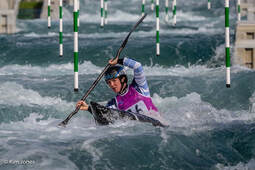
“What we dislike most in other people is almost always a mirror of what we dislike most about ourselves.”
I don’t need to tell you what a hard pill THAT was to swallow. I’ve said it once or twice to other people, and they react in much the same way I did; denial, brushing it off, rejection. But if you really think about it, it’s true. (Obviously not including things that would come under the category of ‘hate’ because that becomes an issue for racism, sexism, homophobia etc which are perfectly fine to have a problem with). I dislike when people behave as though I know less than them about my sport. That is self-assessment red flag number one; I’ve already said that the more I learn about my sport, the more I realise the volume of things I have yet to learn. So I should be open to conversations where I know less.. I am also very, very guilty of often assuming I have more knowledge in a conversation. I’m not sure where that comes from or if it’s improving, but I try really hard to be aware of it. It’s truly not easy to recognise something like that in yourself, but you can do it for sure. It just takes a bit of time to adjust.
Some basic rules I like to follow when I’m struggling to find a balanced way to have a conversation with someone because I feel disrespected, threatened or belittled:
- I'm not necessarily being disrespected because I'm a girl. (I’m going to leave out ‘you might not be being disrespected at all’ because unfortunately, society is still conditioned for women to have a smaller part in professional conversations in Britain. The important part here is that the person may not even realise they are doing it, therefore are not doing anything consciously wrong.) The other person may, like me, have a bold tone in conversation and be particularly enthusiastic about the topic, causing them to bulldoze over what anyone else has to say (much like myself).
- We often don’t know all our own anxieties and problems and causes of emotion. Which makes it absolutely inconceivable that after a few minutes of knowing someone, we are qualified to make any kind of assumption about theirs.
- Don’t be unforgiving. Remember that a long time ago, I was so committed to what one coach said, I truly believed that women had less of a place in sport than men. I wasn’t stupid or naive. I just really, really wanted to live to that person’s rules. People change a lot and it would be incredibly hypocritical to not allow room for that.
- True professionals don’t have to say they’re good at something, or need anyone else to tell them that. Their focus is on what they’re doing, and as we train for in slalom, what other people think literally doesn’t matter at all.
- Don’t change. Your emotions and personality are your own, and you should never let someone make you feel small for that. If you’re explosive, be explosive. Just don’t take anyone else with you, because that’s not fair. If you’re mild, be mild. Don’t feel as though you have to speak in uncomfortable situations because someone is trying to make you. “Just do you”.
The reason I've developed these rules for myself is complicated. I'm lucky enough to be an athlete during a radical time for women in sport. As an athlete, I do feel as thought my justification for pursuit of sport is to be part of the voice that speaks up. Especially as I've been part of training situations where the female position in sport has been abused or degraded.
I’ve been coached by loads of different people. I’ve been lucky enough for a couple of those coaches to have been consistently there for me for a number of years; Lukas Giertl firstly, then a Polish ex-senior team paddler called Wojciech Sekula. They both had very different personalities, and with both of them I felt as though my opinion wasn’t discarded and my feelings were taken into consideration. I’ve also experienced the exact opposite, from people I have NEVER met, who seem to think that without introducing themselves or even asking anything about myself, they are entitled to give me authoritative advice.
“Have you considered pacing during a full run?”
“I think if you try harder off the start line, your run would be faster.”
“You’re too nervous in your style, you have failed before you have even started.”
“I saw your first run, that was a beginner mistake.”
“Is your paddle the right size for you?”
"You have a man's style, that's good."
"You look much smaller in person than on Facebook."
I am absolutely not against being given advice in any situation; a race, a session, off the water, in the gym. I have enough experience that I value input, even from strangers. It's the more you know, the more you realise how little you actually know scenario. But I find it utterly bizarre to consider approaching another human in a professional capacity, perhaps having seen them only once before, and begin suggesting changes to their training program without even a basic "hello, I am...". I don't think it's people being "bad", but I do think it's a normalised assumption where the rules are different for women.
My immediate, personal reaction to writing all this is that maybe I'm over-reacting to innocent scenarios. Slalom is a community, and athletes and coaches alike love to share conversations and knowledge around this beautiful sport. I never, ever want to discourage that. But I think the feeling that has made me write all this in the first place, is that far too often I don't feel like a participant in a conversation. Maybe that's on me. Maybe it's from my own background, where a Scottish coach would quite unironically sit down with the team at dinner, and say that being a woman in the K1 category is easier than being a man in the K1 category. That would make anyone sensitive, I think. From my own experience it takes years of work to unpick self-deprecating ideas that your experience is somehow just a bit less.
Slalom has athletes from a million different backgrounds. Like any big group of people, that comes with prejudices, cultural differences, outdated ideas and minority communities. The slalom community is also incredibly supportive when someone is having a rough time. But there are still so, so many situations where the semantic rules change somehow for no better reason than because the subject is a woman. I feel lucky, not just to be a woman in sport but also because I've actually been able to experience the shift, and have had an opportunity to reevaluate my own worth. I know way too many women who haven't had that opportunity, and even more who probably wouldn't want to talk about it. So that's why I'm writing some difficult stuff here; even if nobody reads it, it's MY history of being part of that shift. I feel lucky, and empowered, and strong. I think athletes owe it to their sport to try and make that accessible to everyone.
In conclusion, it's alright to be pissed off about the way someone spoke to you. They might not have meant anything derogatory, in fact they may have meant to be encouraging. But you do have the right, and the opportunity, to feel your own emotions about it. If you're interested in understanding exactly what they meant, ask them. I'm naturally an explosive person, and I know I can waste a lot of my own energy being angry at something that was never intended to harm. So I always ask, to start the conversation, and fully understand. Sometimes it produces a change that makes the next conversation completely balanced.
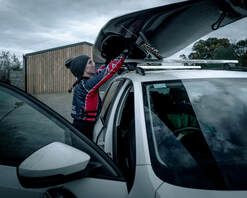
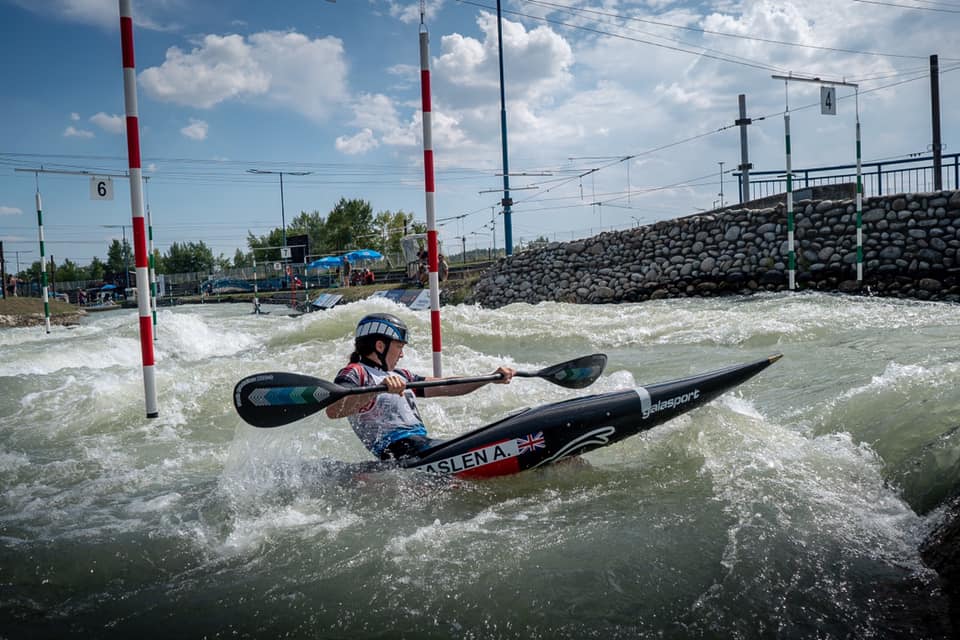
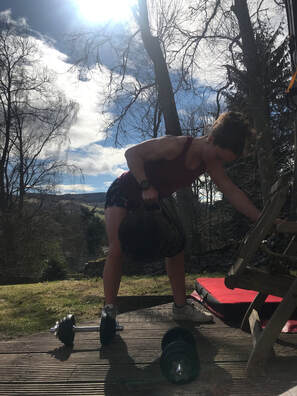
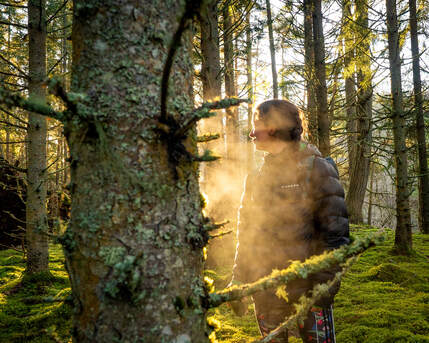
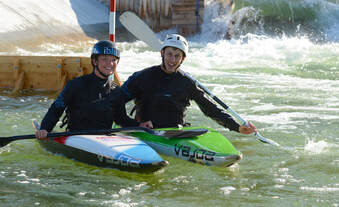
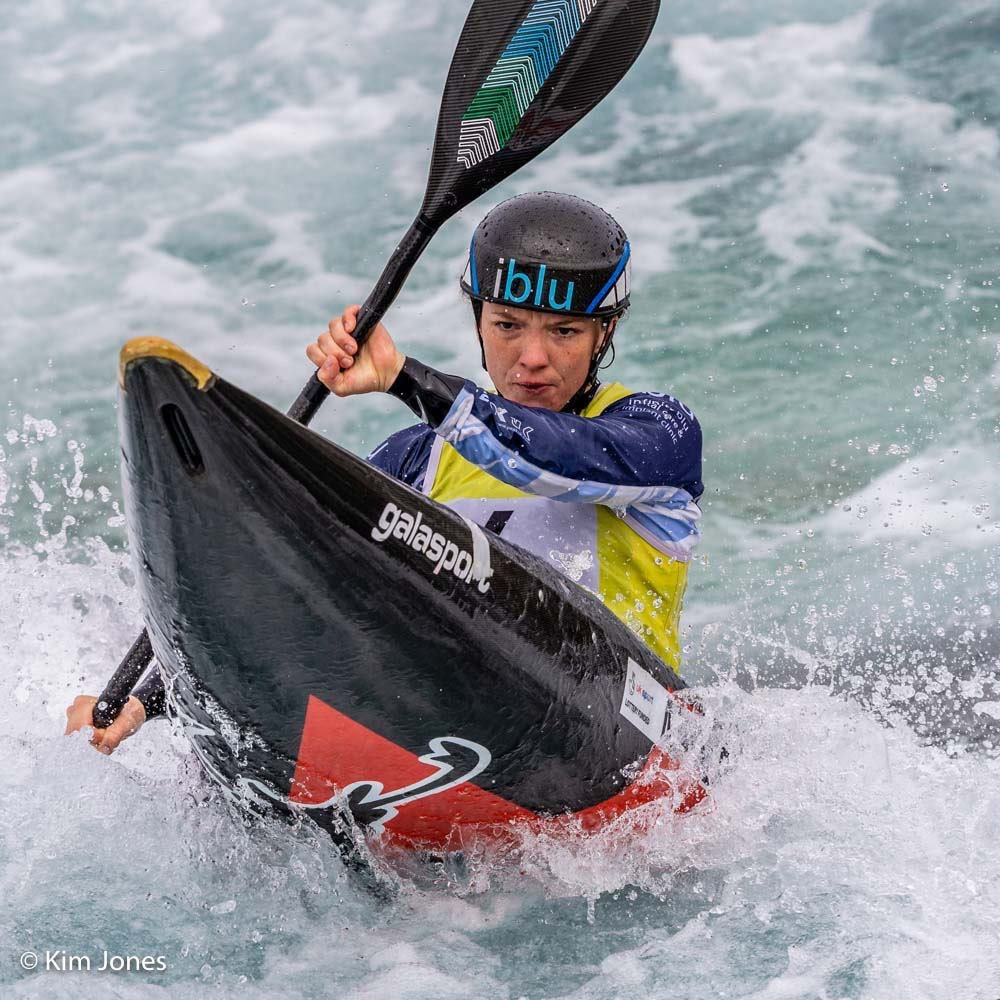
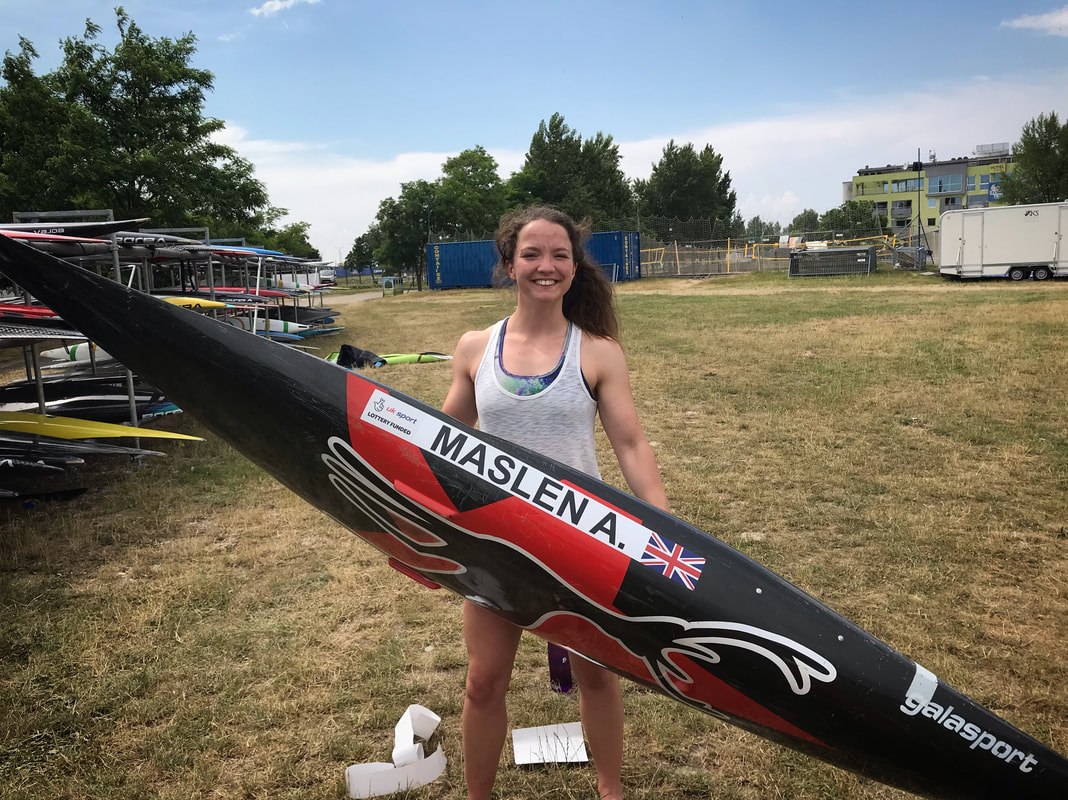
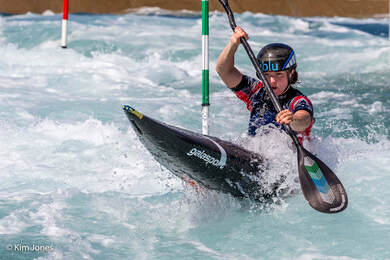
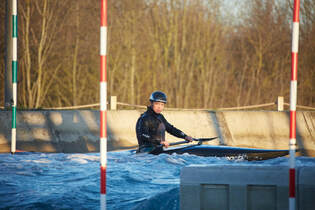
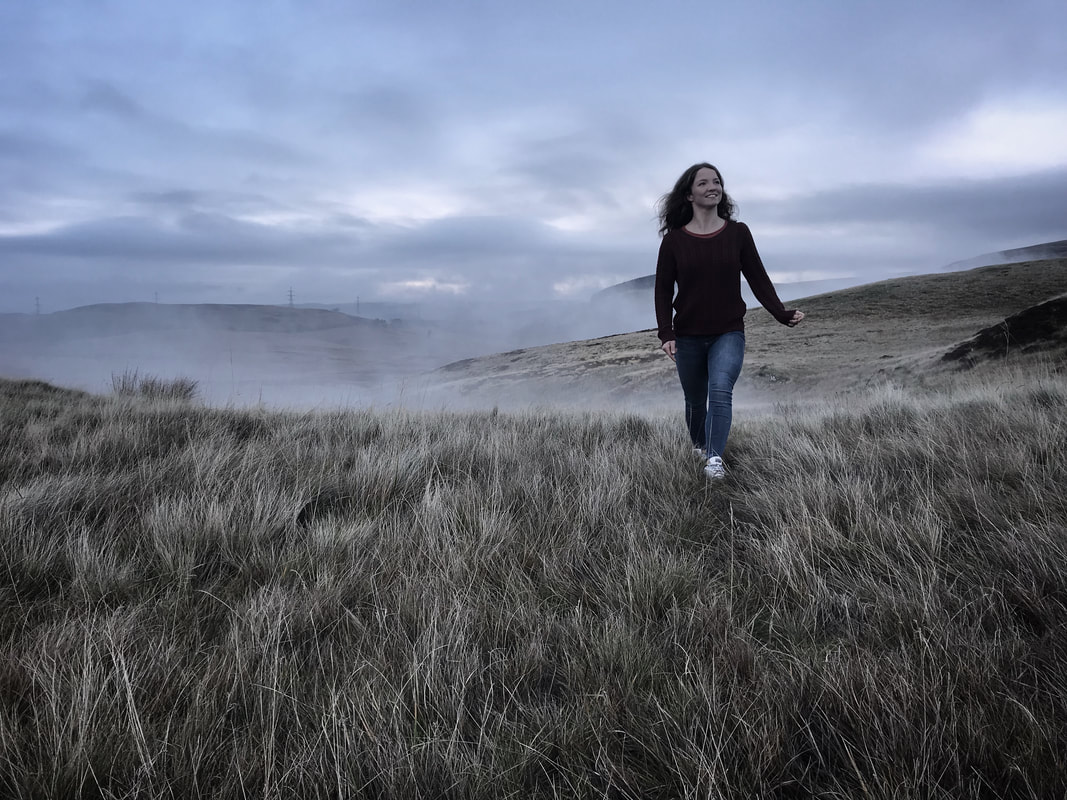
 RSS Feed
RSS Feed
